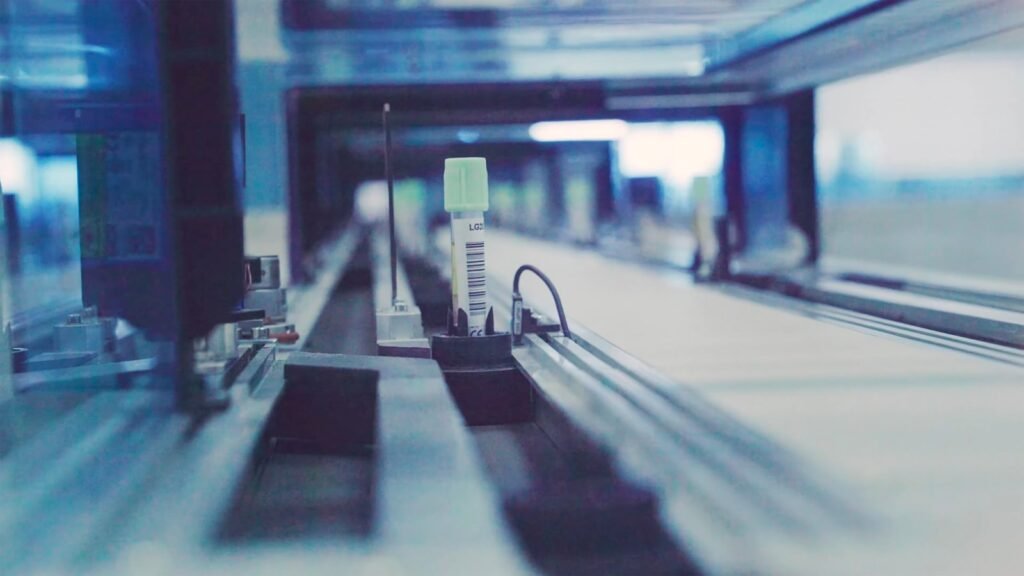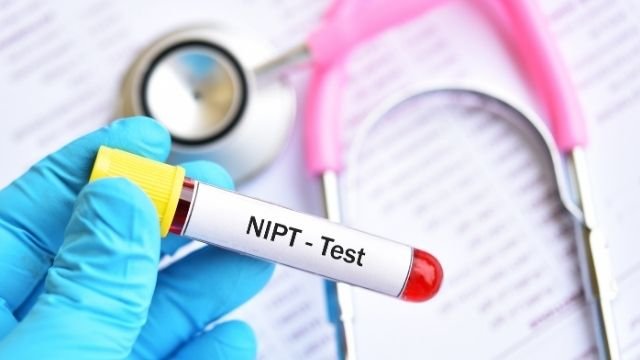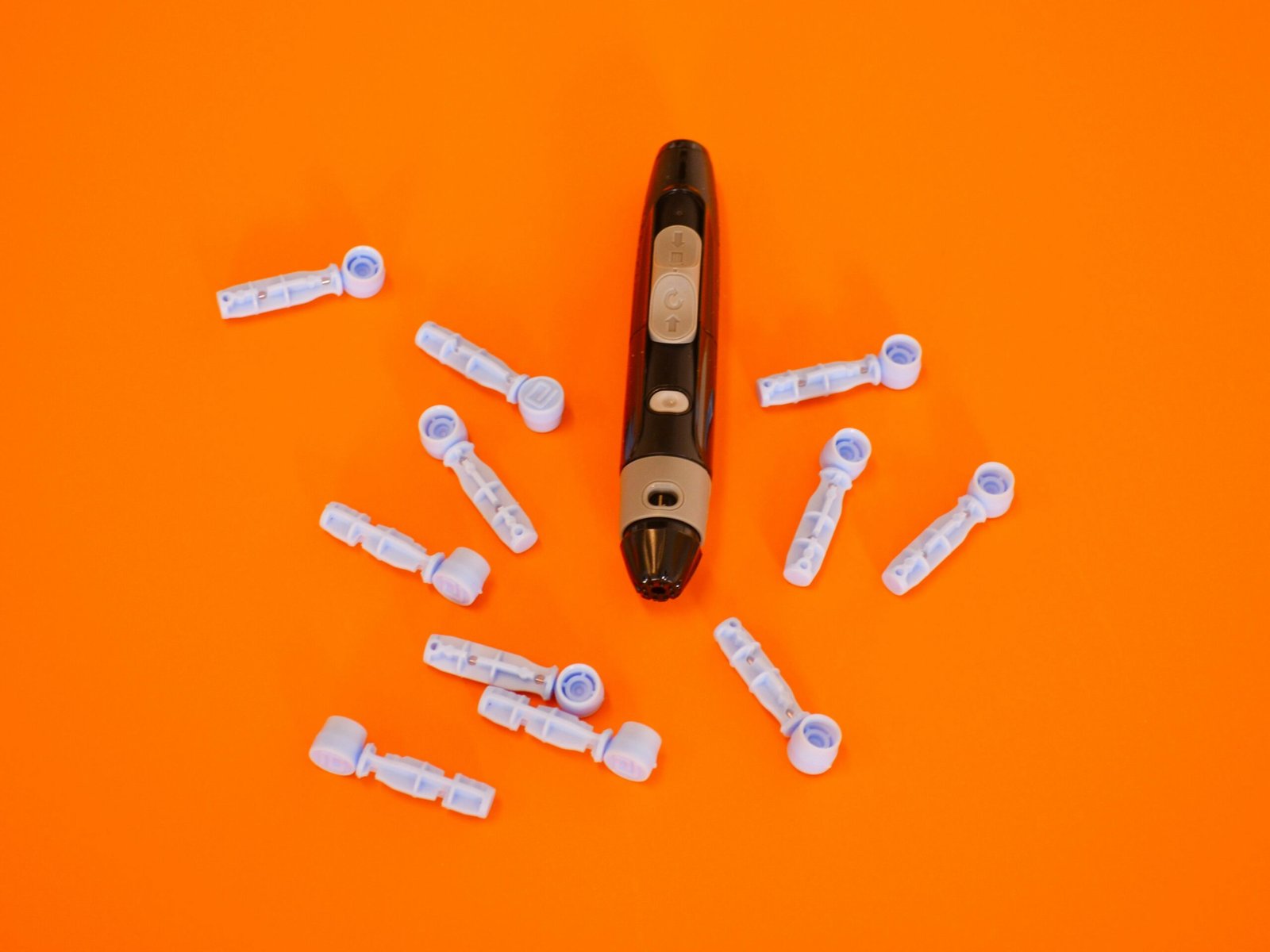Overview of Non-Invasive Prenatal Testing in Japan
Non-invasive prenatal testing (NIPT) has emerged as a significant advancement in prenatal care in Japan, revolutionizing the way expectant parents and healthcare providers approach prenatal screening. The method primarily focuses on evaluating the risk of specific genetic conditions, including chromosomal anomalies like Down syndrome, through a simple blood sample taken from the mother. This poses minimal risk to both the mother and the fetus, distinguishing it from invasive tests such as amniocentesis and chorionic villus sampling, which carry a higher risk of complications.
The working mechanism of NIPT involves the analysis of cell-free fetal DNA (cffDNA) present in the maternal bloodstream. With the development of advanced genomic technologies, NIPT provides a highly accurate method for assessing the potential risk of genetic disorders, offering results that are comparable to those of invasive testing. As such, it has become a preferred option among healthcare practitioners and expectant parents who prioritize safety alongside accuracy.
Acceptance and utilization of NIPT have significantly increased in Japan over recent years, primarily due to heightened awareness and education surrounding prenatal screening methods. Healthcare providers are more frequently recommending NIPT to expectant mothers, particularly those classified as high-risk, leading to a growing number of tests performed annually. Additionally, societal attitudes toward genetic testing are evolving, with many parents valuing the peace of mind offered by non-invasive methods.
As the NIPT landscape continues to expand, it is essential to understand current trends, growth, and market projections for the future. This evolving field not only enhances prenatal care but also empowers parents with critical information about their unborn child’s health. The increasing adoption of NIPT signifies a broader transformation in the approach to prenatal testing in Japan.

Market Size and Growth Prospects
The Japan Non-Invasive Prenatal Testing (NIPT) market has experienced significant growth over recent years and is poised for continued expansion.
As per DPI Research latest published report, the Japan Non-Invasive Prenatal Testing (NIPT) market size was valued at US$ 33.4 Million in 2023 and it is forecasted to reach US$ 51.3 Million by the year end of 2032. Japan non invasive prenatal testing (NIPT) market compound annual growth rate will be 4.8% from 2024 to 2032.
The increasing prevalence of congenital disorders and chromosomal abnormalities among newborns, combined with heightened awareness surrounding early prenatal testing, has stimulated demand for NIPT solutions.
Recent studies indicate that NIPT has been widely adopted in clinical practice due to its accuracy, reliability, and non-invasive nature. The emergence of new technologies that enhance the sensitivity and specificity of tests has also contributed to the market’s growth. For instance, advancements in genomic sequencing and bioinformatics have significantly improved test reliability, thus encouraging more expectant parents to opt for these non-invasive procedures.
Furthermore, rising healthcare expenditure in Japan has led to greater accessibility of genetic testing, making NIPT a viable option for a broader segment of the population. Government initiatives focused on maternal and fetal health are another pivotal factor driving penetration in this sector. Healthcare professionals are increasingly recommending NIPT as a first-line screening method, as evidenced by recent surveys indicating that adoption rates amongst obstetricians and gynecologists have surged, reflecting a shift in clinical practice toward these advanced testing modalities.
In summary, the Japanese NIPT market is on a robust growth trajectory, fueled by technological advancements and increased awareness. Understanding historical trends and future projections will be essential for stakeholders aiming to navigate this evolving landscape effectively.
Trends Influencing the NIPT Market
The Non-Invasive Prenatal Testing (NIPT) market in Japan is undergoing significant transformations influenced by various trends. One of the most prominent trends is technological innovation in genetic testing methodologies. Advances in sequencing technologies, particularly Next-Generation Sequencing (NGS), have revolutionized the efficacy and accuracy of NIPT. These innovations facilitate the analysis of cell-free fetal DNA, allowing for highly precise risk assessments of chromosomal abnormalities without the need for invasive procedures. This enhancement not only increases the appeal of NIPT among expectant parents but also contributes to wider adoption across healthcare settings.
Government regulations play a crucial role in shaping the NIPT landscape as well. In Japan, healthcare policies are increasingly supportive of prenatal genetic testing, enhancing accessibility for expectant mothers. Regulatory agencies are working on guidelines to ensure the safety and effectiveness of NIPT, which further bolsters consumer confidence in these testing services. The endorsement from government bodies aids in standardizing practices within the healthcare system, facilitating smoother implementation of NIPT in obstetric care protocols.
Demographic shifts also influence the NIPT market. As the average age of expectant parents rises, there is an increased demand for screening options that minimize risks associated with advanced maternal age. This demographic trend aligns with the growing acceptance of personalized medicine, which emphasizes tailored healthcare solutions based on individual genetic profiles. Personalized medicine in prenatal testing prioritizes the needs of parents, catering to specific concerns related to genetic disorders and providing a more customized approach to prenatal care. Together, these trends illustrate the dynamic nature of Japan’s NIPT market, highlighting advancements and shifts in consumer preferences that are driving its growth and evolution.
Forecast and Future Outlook
The Japan Non-Invasive Prenatal Testing (NIPT) market is projected to experience significant growth from 2024 to 2032, driven by advancements in genetic testing technology and increasing awareness among expecting parents. As societies become more health-conscious and knowledgeable about prenatal options, the demand for non-invasive methods of prenatal screening is expected to rise. Market analysts posit that the NIPT market can achieve a compound annual growth rate (CAGR) of approximately 10% during this forecast period.
Notably, one key opportunity for growth lies in the segmentation of the market according to various testing technologies and applications. The expansion of NIPT into broader genetic testing panels will likely contribute to increased consumer uptake. Furthermore, the integration of artificial intelligence (AI) and machine learning into data analysis processes promises to enhance test accuracy and patient outcomes, presenting another avenue for market growth.
However, potential barriers must be acknowledged. Regulatory challenges could pose significant hindrances. Strict governmental policies and the necessity of validation for new tests can slow down the introduction of innovative solutions. Additionally, the high costs associated with NIPT may deter some segments of the population, particularly among lower-income families. It is essential for healthcare stakeholders to navigate these challenges while also capitalizing on growth opportunities in urbanized and affluent areas where demand for advanced prenatal testing is often higher.
In conclusion, the future of the Japan Non-Invasive Prenatal Testing market appears promising, with potential for innovative growth and advancements. Stakeholders within the healthcare sector should utilize these forecasts to inform strategic decisions, ensuring that they remain responsive to emerging trends and evolving consumer demands. By leveraging insights from the market forecast, practitioners can enhance patient care and cater effectively to the needs of expecting parents.












[…] new market report presents a comprehensive study of the entire Australia non-invasive prenatal testing market. The report offers the most up-to-date industry data on the actual market situation and future […]